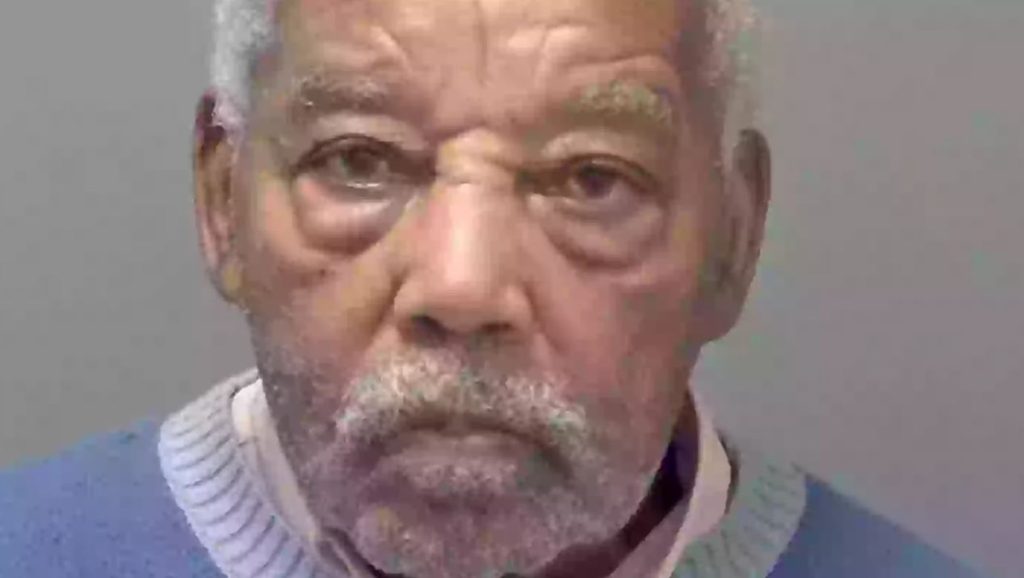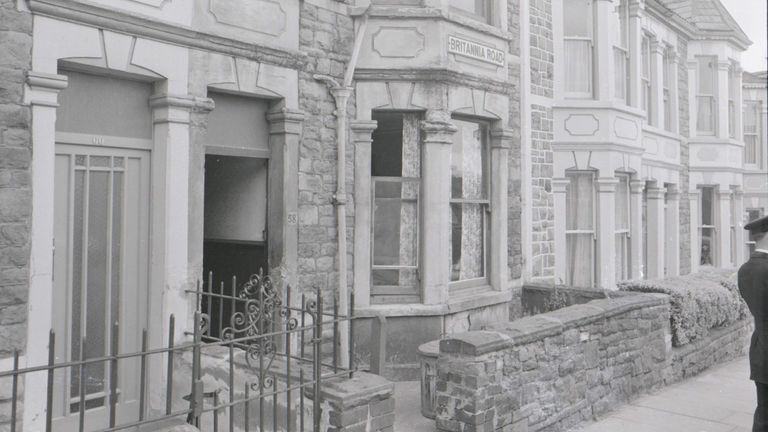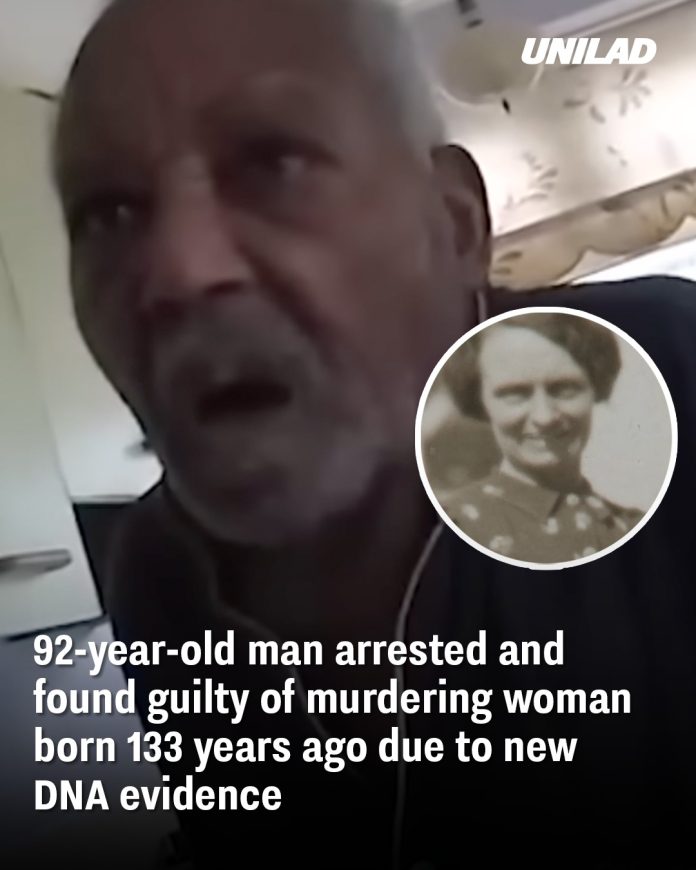On June 30, 2025, Bristol Crown Court handed down a landmark verdict: Ryland Headley, aged 92, was found guilty of the rape and murder of 75‑year‑old Louisa Dunne, nearly six decades after her death in June 1967. This marks the UK’s longest-running cold case ever to reach a conviction
The Crime and Initial Police Investigation
On June 28, 1967, neighbors discovered Louisa Dunne deceased on her living-room floor in Bristol, with her clothes disheveled, underwear around her ankles, and a palm pressed over her mouth. The pathologist concluded she died from asphyxiation by strangulation, and signs of rape were evident. Avon and Somerset Police launched a massive investigation: over 19,000 palm prints were taken and over 8,000 homes canvassed, but no match was found. Headley, who lived just outside the search zone, evaded detection at the time.

DNA: The Key to Justice
The turning point came in 2023, when cold case detectives reevaluated stored evidence, including Dunne’s blue skirt. In May 2024, forensic analysis of preserved semen yielded a DNA match, indicating it was one billion times more likely to belong to Headley than anyone else. Additionally, a palm print taken by police in November 2024 matched the print left on Dunne’s window.
Serial Offender With Prior Convictions
Headley had a record of violent sexual offenses: in 1977, he was convicted of raping two elderly women—aged 79 and 84—in Ipswich. He served a reduced sentence after an appeal. Testimony from these earlier victims was presented during the 2025 trial to establish a pattern of behaviour.
Courtroom Verdict and Reaction
During the two-week trial, jurors delivered a unanimous guilty verdict for rape, and by a 10–2 majority for murder. Headley, who pleaded not guilty, remained in court via video link
Detective Inspector Dave Marchant praised the investigation, saying that old and modern forensic science were combined in a “marriage” of methods. Prosecutor Charlotte Ream described the crime as “horrifying,” noted its devastating 58‑year impact, and commended investigators and the CPS for their determination.
Sentencing and Aftermath
On July 1, 2025, Headley received life imprisonment with a minimum 20‑year term, reflecting sentencing standards from 1967. Given his age, it’s likely he will die in prison. The case has prompted renewed police interest in other unsolved cases from Headley’s residency in Ipswich, including murders of elderly women in the 1980s and 1990s.
Family Relief and Legacy of Justice
Louisa Dunne’s granddaughter, Mary Dainton, described the conviction as long‑overdue justice. She had grieved under the assumption the crime would never be solved, but DNA progress renewed her hope. Detectives emphasize that justice knows no time limit — cold cases will be pursued regardless of elapsed time or victim age.

What This Means for Cold Case Investigations
This conviction underscores the power of combining historical evidence and modern forensic techniques to reopen cold cases. As Headley’s utter defeat suggests, no statute of limitations exists on justice. Police forces across the UK are now reviewing dormant cases to apply the same methodology .
Conclusion
This case provides a powerful reminder: years—even decades—should never deter efforts to solve heinous crimes and deliver closure to victims’ families.

















